VAR Under Scrutiny: Premier League’s Critical Decision Ahead
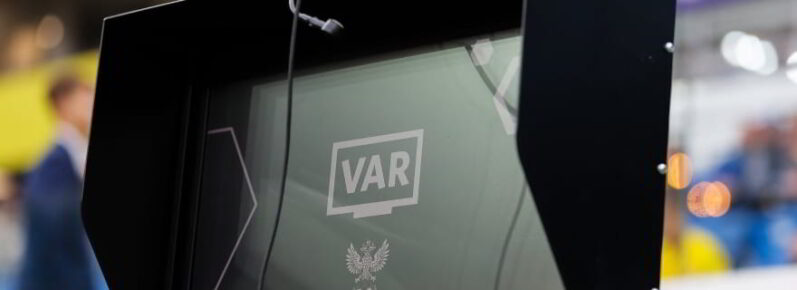
The Premier League clubs are nearing a critical vote at their next annual general meeting, where they will deliberate on a proposition to discard the video assistant referee (VAR) system before the commencement of the new season.
Implemented back in 2019, VAR was introduced to enhance the decision-making process in English football’s premier competition. However, despite its initial aims, the system has been a catalyst for debate and discontent, raising questions about the accuracy and integrity of matches.
The 2023-24 season has been rife with contentious VAR moments, fueling criticism from several teams and fanbases. In light of this, Wolverhampton Wanderers have officially introduced a resolution for consideration by the Premier League, advocating for the termination of VAR by summer. This proposal will be up for discussion when representatives from the 20 clubs convene in Harrogate on June 6.
Wolverhampton Wanderers released a statement noting that their proposal was made after thoughtful evaluation and with respect for the Premier League, PGMOL (the Professional Game Match Officials Limited), and fellow competitors. The statement emphasized that despite the well-meaning inception of VAR, the system has led to significant issues that have not just dampened the fan experience but have also tarnished the prestige of the league.
Wolves’ statement detailed a variety of negative VAR-related outcomes, such as hampering of traditional goal celebrations, in-stadium confusion, and an atmosphere teeming with protests and discontent. They argued that VAR has overstepped its intended role of addressing only blatant errors, instead frequently scrutinizing subjective decisions and impinging upon the natural flow of the game. Concerns over compromised referee authority and persistent errors, despite VAR intervention, were also highlighted.
High-profile disputes involving VAR over the recent season include the disallowed goal of Liverpool’s Luis Diaz against Tottenham Hotspur and controversy over Anthony Gordon’s goal for Newcastle United in a game against Arsenal. Nottingham Forest’s dissatisfaction went as far as drafting complaints to PGMOL, casting doubt on the appointment of VAR Stuart Attwell following a loss to Everton.
While the International Football Association Board (IFAB) affirms VAR’s usage should be limited to correcting “clear and obvious errors” or addressing “serious missed incidents,” the technology remains divisive.
Sweden recently decided against adopting VAR following a vehement response from football fans, underscoring the global debate on the technology’s place in football.
In the Premier League, a two-thirds majority (14 votes out of 20) is required to pass any proposed amendments. Although some clubs have voiced their grievances, the Premier League’s leadership still endorses VAR, arguing that removing the system would likely result in an increase in incorrect decisions and negative impacts on the league’s standing among top European competitions.
The Premier League also suggests that eradicating VAR might shift greater criticism to referees’ on-field decisions and exacerbate fan frustration. Nonetheless, the league acknowledges the need for system improvements and points to recent innovations like semi-automated offside technology (SAOT) and better in-stadium communication of VAR decisions as steps toward enhancement.
Since VAR’s introduction, the precision of decision making in matches has reportedly improved from 82 percent to 96 percent. Despite this, persistent debates and the overshadowing of matches by VAR-related controversies suggest that the system’s future remains uncertain as club representatives prepare for the upcoming vote.


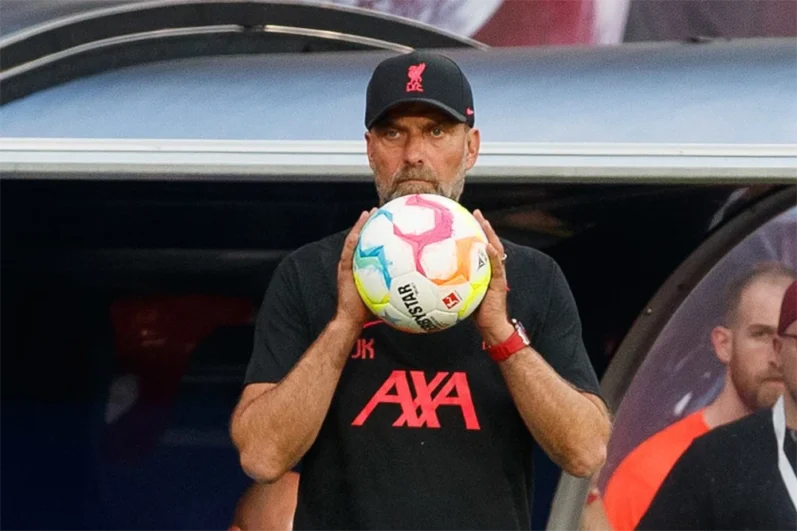
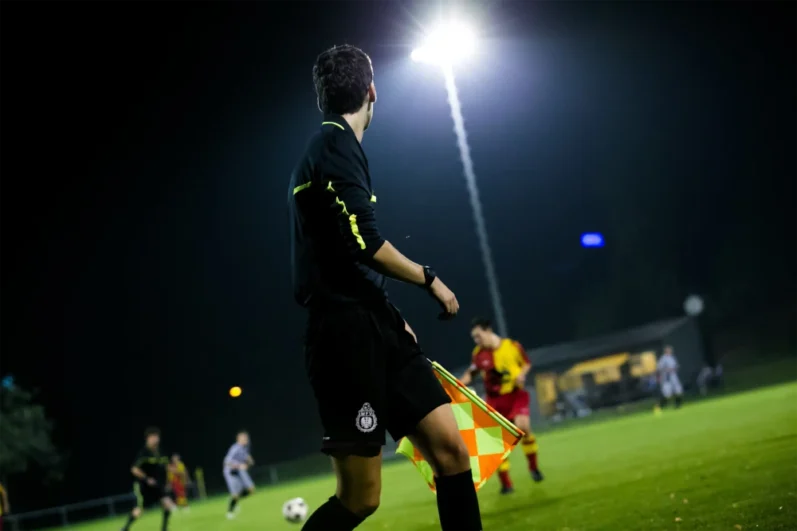
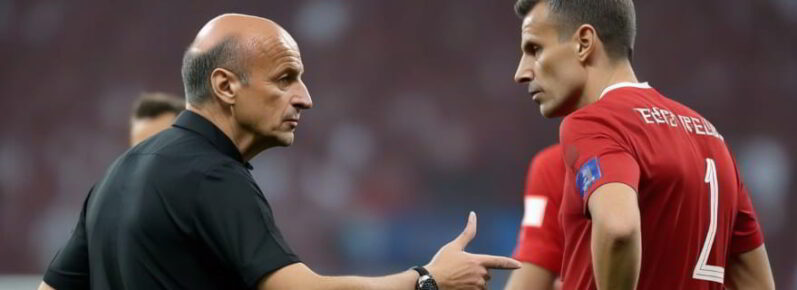
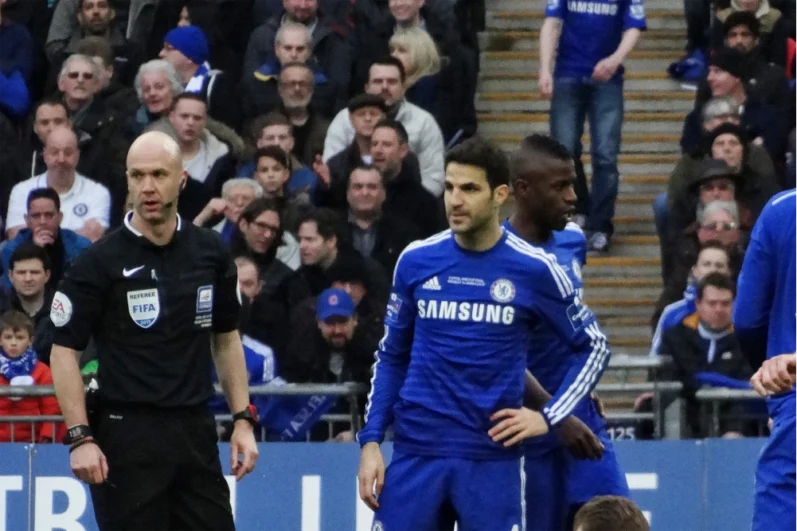
Responses